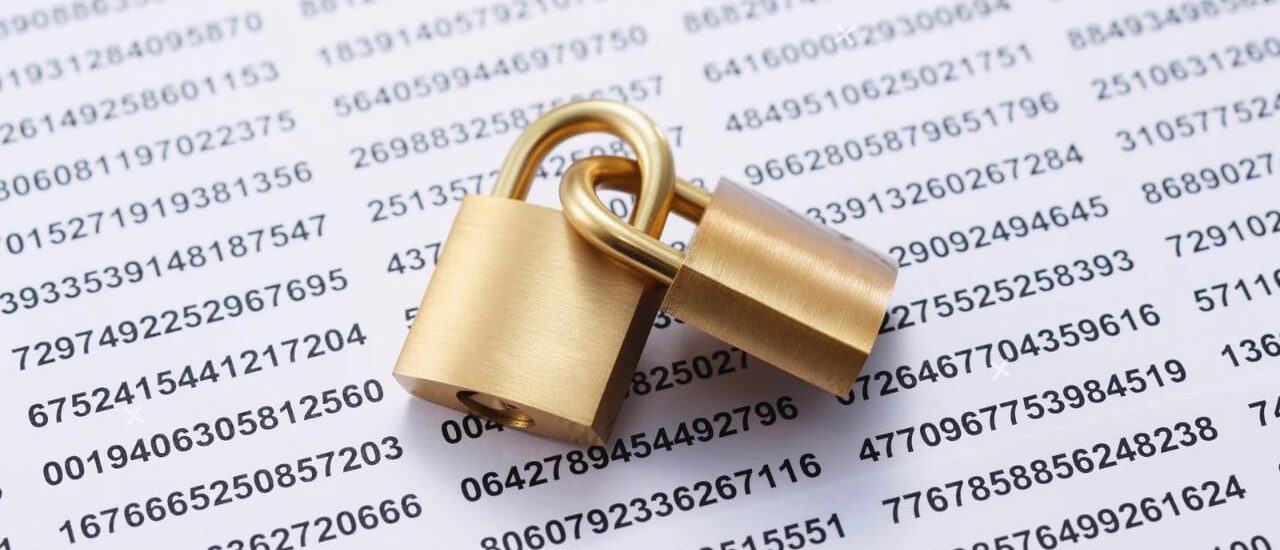THE INVESTMENTS AND SECURITIES ACT, 2025
The President of Nigeria, Bola Ahmed Tinubu, on March 29, 2025. signed the Investment and Securities Act (ISA) 2025(the “Act”) into law.
The Act replaces the ISA 2007 and introduces reforms to improve Nigeria’s investment framework.
The Act aimed to introduce market transparency, improve regulatory oversight, strengthen investor protection, and promote economic growth by attracting local and foreign investments, thus ensuring that Nigeria’s capital market remains resilient and competitive globally.
Crypto assets and platforms are now recognised in the ISA 2025 and are under the SEC’s regulatory purview. Exchanges or companies dealing in digital assets must register and follow SEC rules like stockbrokers or other finance companies.
The Act also introduced a requirement for using Legal Entity Identifiers (LEIs) in the capital market. Every market participant – like companies issuing securities or major investors, will need an LEI for their transactions.
Significant provisions of the new Investment and Securities Act
- Strengthening Regulatory Powers of the Securities and Exchange Commission (SEC): The Investment and Securities Act, 2025 amplifies the SEC’s authority, aligning it with international standards set by the International Organization of Securities Commissions (IOSCO).
The SEC now has more authority to access critical data from telecom and internet providers to track down illegal activities like insider trading, market manipulation and fraudulent investment schemes. The regulatory powers will allow the SEC to protect investors better and keep the capital market fair.
- Classification of Securities Exchanges: The Act introduces a dual classification system for securities exchanges:
- Composite Exchanges: Platforms where all categories of securities and products can be listed and traded.
- Non-composite Exchanges: Exchanges focusing on a singular type of security or product.
- Inclusion of Digital Assets
Under the new Act, virtual assets such as cryptocurrencies, blockchain, and investment contracts are officially recognized as securities. The Act essentially brings Virtual Asset Service Providers (VASPs), Digital Asset Operators (DAOPs), and Digital Asset Exchanges under the SEC’s regulatory oversight. This will go a long way in curbing fraudulent activities in the cryptocurrency market and build greater investment trust and innovation in blockchain technologies.
- Provision of Fundraising Options for Sub-National Governments and Their Agencies
State governments can now fund infrastructure projects through the capital market. This will allow states and municipalities to finance infrastructure projects, such as roads, healthcare and education, without solely relying on federal funds and commercial borrowing.
- Provision of strict penalties for unlawful Investment schemes:
The Act clearly spelt out penalties of a fine of ₦5,000,000 ( five Million naira) or a term of ten (10) years imprisonment for Ponzi scheme operators, market manipulators, securities fraud, and other illegal investment activities.
- Provision On Commodities And Derivative Trading:
The Act introduced a comprehensive framework for derivative trading to combat risk in Commodities and Derivative trading.
- Stronger Investor Protection and Market Integrity
Investor confidence is at the core of the reforms under the Act. The Investor Protection Fund (IPF) has been enhanced to provide compensation to investors who suffer financial losses due to the revocation or cancellation of a dealing member firm’s registration.
Under the previous Act, such compensation was limited to cases of bankruptcy, insolvency, and negligence. This change ensures greater financial security for investors during market disruptions.
- Revision of the Structure and Appointment Process of The Investments and Securities Tribunal
The Act introduced provisions that strengthened the Investment and Securities Tribunal responsible for resolving capital market disputes. The Act introduces amendments to its composition, jurisdiction, and appointment process to improve efficiency and ensure investors have swift access to legal recourse in case of regulatory breaches or market misconduct.
- Mandatory use of legal entity identifiers (LEIs)
Capital market participants are mandated under the Act to use legal identity identifiers (LEIs) to ensure market transparency and regulatory oversight.
Regulation of Financial Market Infrastructure:
The ISA 2025 established a comprehensive framework under which entities such as Central Counter Parties, Clearing Houses, and Depositries can be effectively regulated.
- Exemption of Financial Market infrastructure transactions from general insolvency law:
Under the ISA 2025, financial market infrastructure transactions such as clearing houses, Trade depositories and counter parties are exempted from the application of the general insolvency Laws.
Conclusion
The introduction of the Investment and Securities Act, 2025 represents a crucial milestone for the Nigerian Capital Market, bringing essential reforms that are long overdue. One of the most notable changes is the expanded regulatory authority granted to the Securities and Exchange Commission (SEC), which now has greater oversight powers. Additionally, the Act officially recognizes digital assets, including cryptocurrencies, as securities. These updates not only enhance the safety of investments but also encourage the development of innovative financial products, strengthening investor protection and promoting transparency in alignment with global best practices.
By effectively implementing these reforms, the ISA 2025 will significantly improve the transparency and integrity of the Nigerian Capital Market.
This article is for informational purposes only and should not be considered legal advice. For specific legal guidance, please contact our team directly.
For expert guidance on arbitration, litigation, and dispute resolution matters, please contact our specialized team in our Corporate & Commercial Law practice group from our full-service offerings across Lagos, Abuja, and Abakaliki. Please contact our partner Hans Offia on [email protected] for more information related to the subject matter.
Email our general team on [email protected] for general inquiries on the subject matter and we will be happy to assist you.

Hans Offia is the founder and managing partner at Hans Offia & Associates, a top Nigerian law firm with offices strategically located in Abuja, Abakaliki and Lagos, Nigeria. He is in charge of the Firm’s Dispute resolution and Banking & Finance practice groups.






